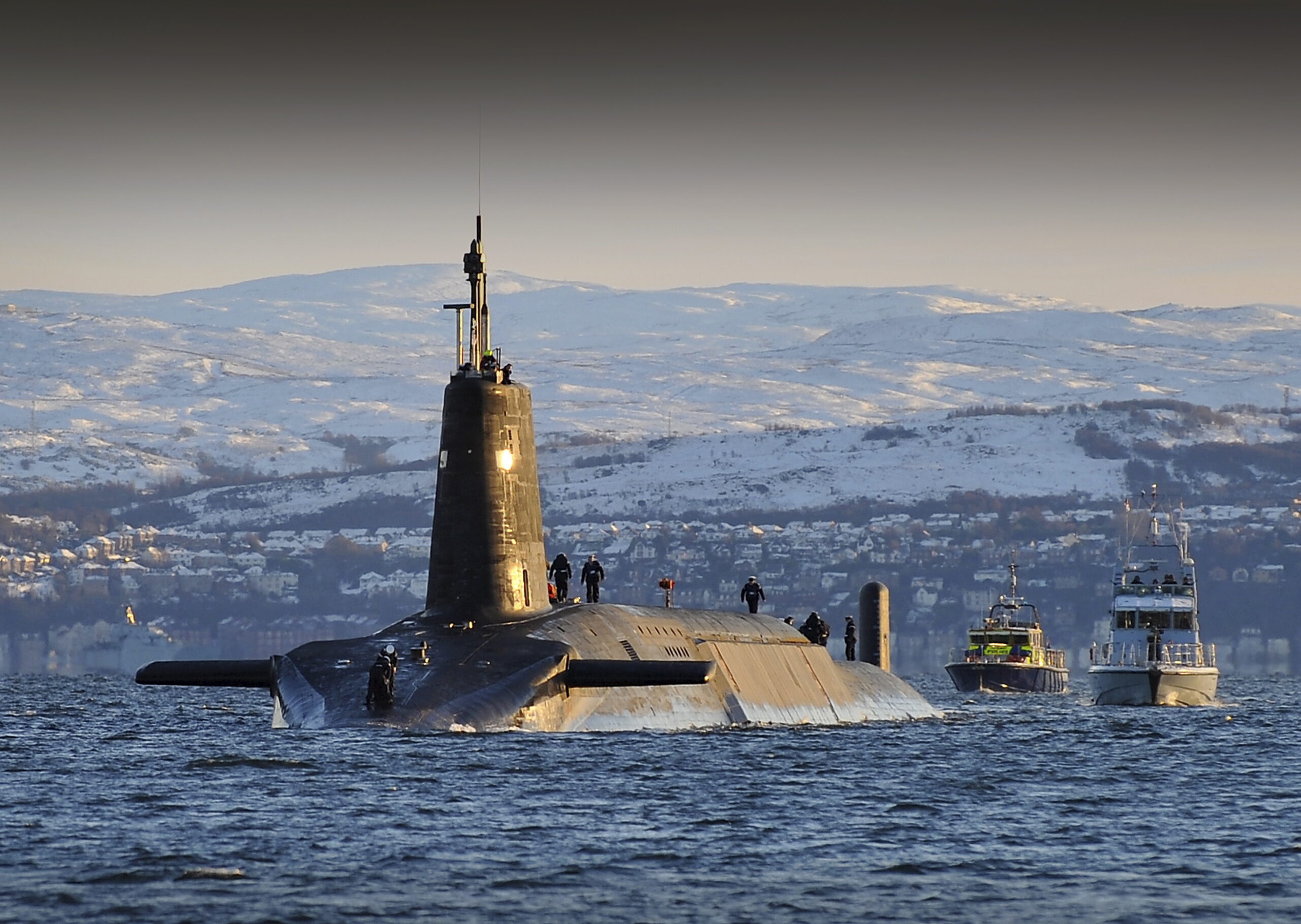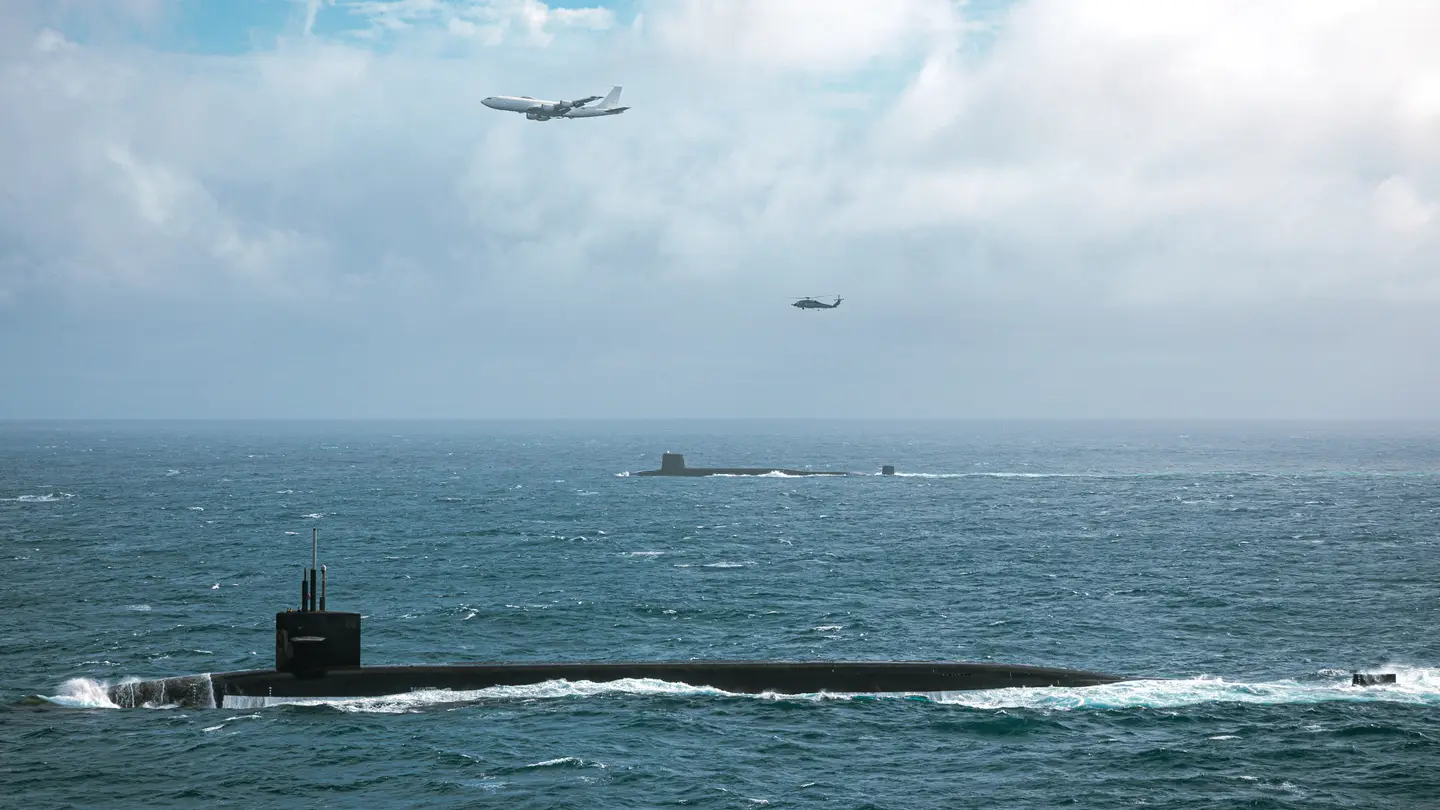Software Used by British Nuclear Submarines Developed by Russian and Belarusian Engineers
British media outlets revealed that the software was supposed to be developed by British IT staff with proper authorization, but instead, it was "imported" from Siberia and Minsk, the capital of Belarus.
(DEFENCE SECURITY ASIA) — British nuclear submarine engineers have reportedly used software developed in Russia and Belarus, a violation of Ministry of Defence regulations, exposing the country to a significant security threat.
British media outlets revealed that the software was supposed to be developed by British IT staff with proper authorization, but instead, it was “imported” from Siberia and Minsk, the capital of Belarus.
“There are concerns that the code built by developers in Russia and Belarus could be exploited to reveal the locations of Britain’s nuclear submarines during operations,” the reports state.
“The Ministry of Defence has categorized this as a significant threat to the UK’s defense and has launched an investigation.”
The investigation found that the company tasked with providing the intranet system for staff on nuclear submarines had concealed their use of software developed in Russia and Belarus.

Beyond the nuclear submarines, there are fears that other defense interests may have been compromised, as the same company used the same software for other defense projects.
Rolls-Royce Submarines sought to upgrade the staff intranet system and contracted the task to the digital consultancy firm WM Reply, according to British media.
WM Reply then employed software developers in Belarus, a close ally of Russia, with one of the developers working remotely from Tomsk in Siberia, as indicated by documents under investigation by the UK Ministry of Defence.
Dr. Marion Messmer, a Senior Fellow at the UK’s renowned think tank Chatham House, commented that allowing Belarusian and Russian software developers to work on the project “poses a security risk.”
Anyone obtaining personal data of the personnel on the UK’s nuclear submarines could potentially engage in “blackmail” and other malicious activities, she said.

“Strategically, it’s significant that submarines are incredibly difficult to detect. If someone has access to a system that tracks their movements at all times, it provides a substantial strategic advantage. If planning an attack on the UK, they would target and destroy the Trident submarines,” she added.
Britain’s four Vanguard-class nuclear submarines, which serve as the country’s nuclear deterrent force, are equipped with Trident 2 D5 intercontinental ballistic missiles (ICBMs).
The submarines HMS Vanguard, Vengeance, Victorious, and Vigilant are based at HMNB Clyde in Faslane, Scotland.
The Vanguard-class submarines, each with a full load displacement of 15,900 tons, are capable of carrying up to 48 Trident missiles, which have a range of 4,000 nautical miles (approximately 7,500 km).
These aging submarines are scheduled to be replaced starting in 2030 by four new Dreadnought-class nuclear submarines currently being built by BAE Systems at their shipyard in Barrow-in-Furness. — DSA



Comments are closed.